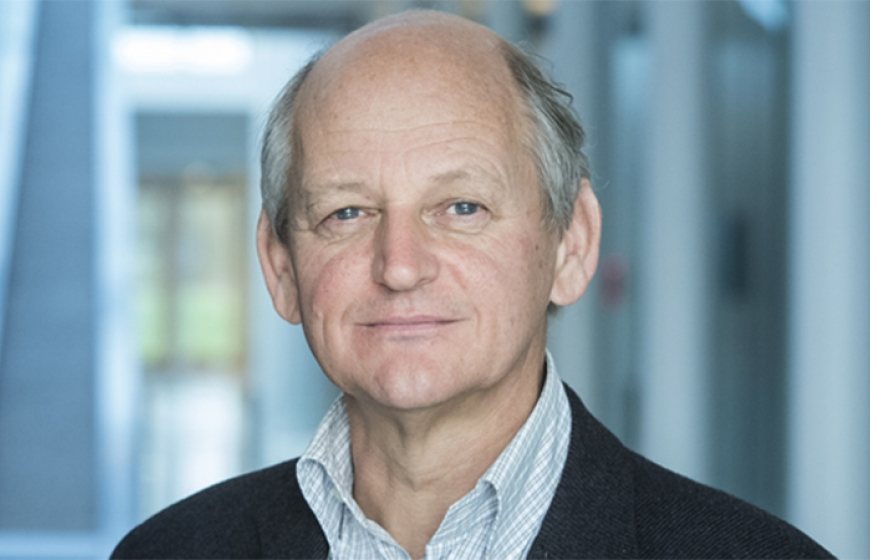Dutch academic, Professor Kees van Leeuwen, is leading a call for a change in approach to the UN Sustainable Development Goals that, if adopted, could help accelerate implementation. Even more so, it would see a better connection between water and other urban issues in plans forecasting the development of cities over time.
“Some of SDGs cannot be classified as SMART,” says Van Leeuwen, who is Chief Science Officer at NWP member KWR Water Research Institute and Professor of Water Management and Urban Development at Utrecht University. By SMART, he is referring to ‘specific, measurable, attainable, relevant and time-bound’. “They also lack clear indicators for how a country should report its progress. If you combine these points, the SDGs will not deliver what we all expect.”
This was the main conclusion of recent in-depth research assessing SDG 6 which covers clean water and sanitation for all carried out with Bryony Essex and Stef Koop, also of the University of Utrecht and KWR.
Offering a solution
Van Leeuwen has praise for the SDGs as a political process but, with a decade to go to their 2030 deadline, the focus needs to be on implementation, and a SMART approach is essential. The research, first revealed during Amsterdam International Water Week in November, contributes thinking on the way forward. “Rather than simply criticise, we prepared the paper focusing on the EU-28, setting out how this could be done,” he says.
The work added an important extra dimension to the current SDG 6. Van Leeuwen gives an example of solid waste in a city. If this is not managed properly, heavy rainfall will wash the waste into canals and sewers, which will quickly become clogged. This illustrates the need for coordination between the SDGs. “If you want to implement SDG 6, you need to look at it more broadly,” he says.
The need for diagnosis
There is another justification for a SMART approach: the sheer cost of meeting water and waste water needs. Van Leeuwen cites OECD figures putting the total global financing needs for water and waste water infrastructure to 2050 at up to USD 22.6 trillion.
“You need a diagnosis from cities based on a good set of indicators in order to lay out what they need to do to improve their water systems,” continues Van Leeuwen. “If you do not do a good diagnosis, you can’t develop a pragmatic and cost-effective programme to build the water infrastructure.”
Given the challenges countries and cities face, he sees that it makes sense to spend just a fraction of the total anticipated investment needs, perhaps some USD 200 million, on capacity building. Van Leeuwen is calling for an international SDG 6 implementation fund to be set up, possibly by the UN or the international development banks.
Anticipating urban needs
He makes the point that much of what needs to happen with water is predictable. Typically, cities will tackle their water supply first. Then waste water becomes an issue and is tackled next. In time, cities might reach a point of wanting to implement circular economy approaches or looking more broadly at liveability.
“Countries need freedom to set their goals, but I think in the end we need a much more pragmatic, methodological approach in order to move rapidly through the adoption of modern systems without going through intermediary steps. We need to create win-wins. This is much better than going from crisis to crisis,” he explains.
In fact, Van Leeuwen sees that this investment in planning and capacity building would deliver wider rewards. “It would be cheaper for cities and citizens if there is a comprehensive plan that takes into account not only the current but also the anticipated future challenges,” he says.
Van Leeuwen believes the world should treat the years ahead as a new phase for the SDGs, and one focused on implementation. “I strongly recommend a review of what is there now and how it can be improved,” he says.
If Van Leeuwen succeeds in seeing his recommendations adopted, greater progress in the implementation of the SDGs can be expected. This would create greater opportunities for Dutch companies and organisations working in Europe and around the world to provide the solutions needed to meet these global goals, including delivering integrated approaches connecting water to other urban issues.
For details of the study commissioned by Amsterdam International Water Week and Waternet see this article.
